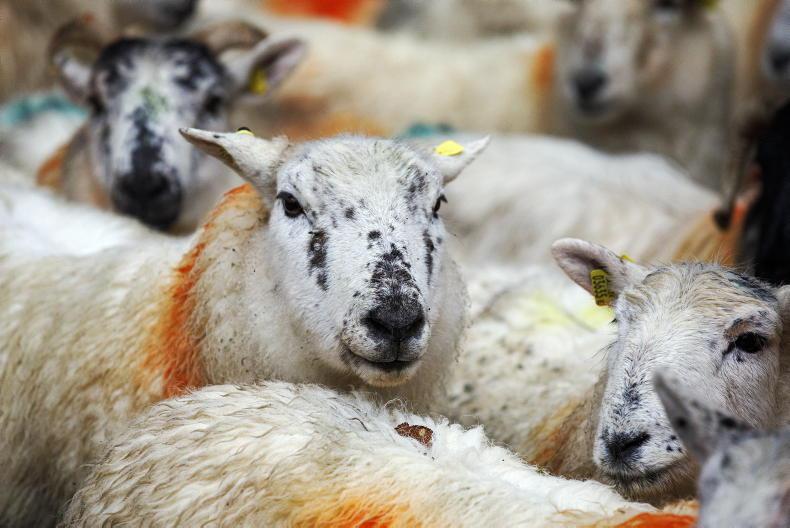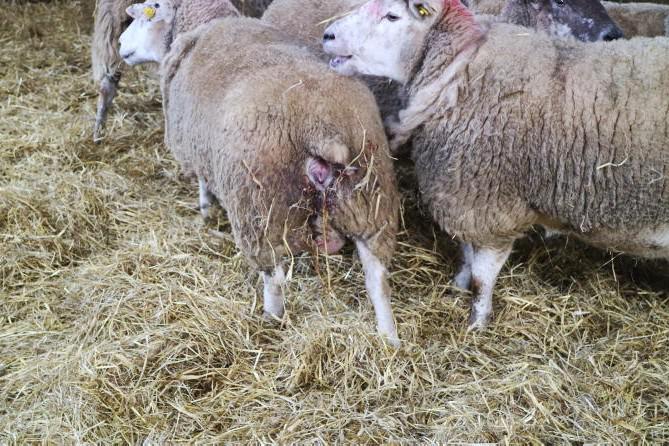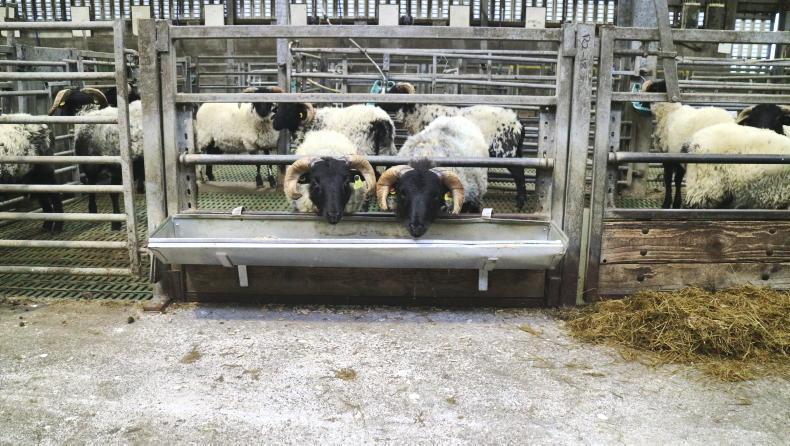Sheep farmers could hopefully have new technologies at their disposal in the near future, which would revolutionise their efforts in combating liver fluke infestation.
Research conducted by Teagasc and the molecular parasitology laboratory at the National University of Ireland (NUI), Galway, has seen the development of a laboratory diagnostic test that can detect the presence of liver fluke infection as early as four weeks post-infection in sheep.
This means that there is the potential to detect liver fluke at an important stage of its life cycle, with acute and sub-acute fluke infections having the potential to cause serious damage at certain times of the year.
Identifying the presence of liver fluke at this stage also allows for targeted treatment before fluke reach the adult stage and eggs start to be shed on pasture.
Methods
The test works via immunodiagnostic methods. These methods work by detecting antibodies or antigens circulating in the blood or found in faeces, with the particular test for liver fluke capable of detecting immature stages of infection.
A paper outlining the technology as part of the upcoming Teagasc National Sheep Open Day (18 June in Mellows Campus, Athenry) states that the next step in advancing the technology is to develop a simple process for testing animals.
The aim here is to develop a handheld, pen-side, lateral flow test for liver fluke. This would work on the basis of a sample containing a small quantity of blood being collected from sheep, with the lateral flow tests allowing rapid on-site detection of infection.
Table 1 details a summary of disease characteristics from once a parasite gains entry to sheep and the current treatment options.
Vaccine development
Exciting work is also taking place between Teagasc and the laboratory in Galway in developing a vaccine capable of preventing liver fluke infection in sheep.
Any breakthrough in developing an effective vaccine would be hugely advantageous, not only in the direct treatment of animals, but also in preventing egg shedding on to vegetation and breaking the liver fluke cycle.
A number of vaccines are currently being tested utilising a variety of proteins found in liver fluke.
The research update paper states that the aim of using such proteins in a vaccine is to stimulate the sheep immune system to mount an effective immune response to kill the liver fluke parasite and limit any future infections.
Testing of vaccines has recently taken place in trials at Teagasc, Mellows Campus, Athenry, and the update reports that field trials of promising candidates are starting in the summer of 2022.
In particular, these field trials will assess how well the vaccine works when faced with day-to-day challenges that sheep experience at pasture.
Positive collaboration
A large team is collaborating to advance research in this area. This includes Amanda McEvoy, Teagasc Mellows Campus, Athenry and Molecular Parasitology Laboratory, National University of Ireland Galway; Orla Keane, Teagasc; and Krystyna Cwiklinski, Amber Dorey, Richard Lalor, Jesús López Corrales, Heather Jewhurst, and John P Dalton.
Teagasc National Sheep Open Day
This research update and a wealth of other information will be presented and discussed at the Teagasc National Sheep Open Day, which takes place on Saturday 18 June from 10am to 4pm in the Animal and Grassland Research and Innovation Centre, Athenry, Co Galway (eircode H65 R718).









SHARING OPTIONS